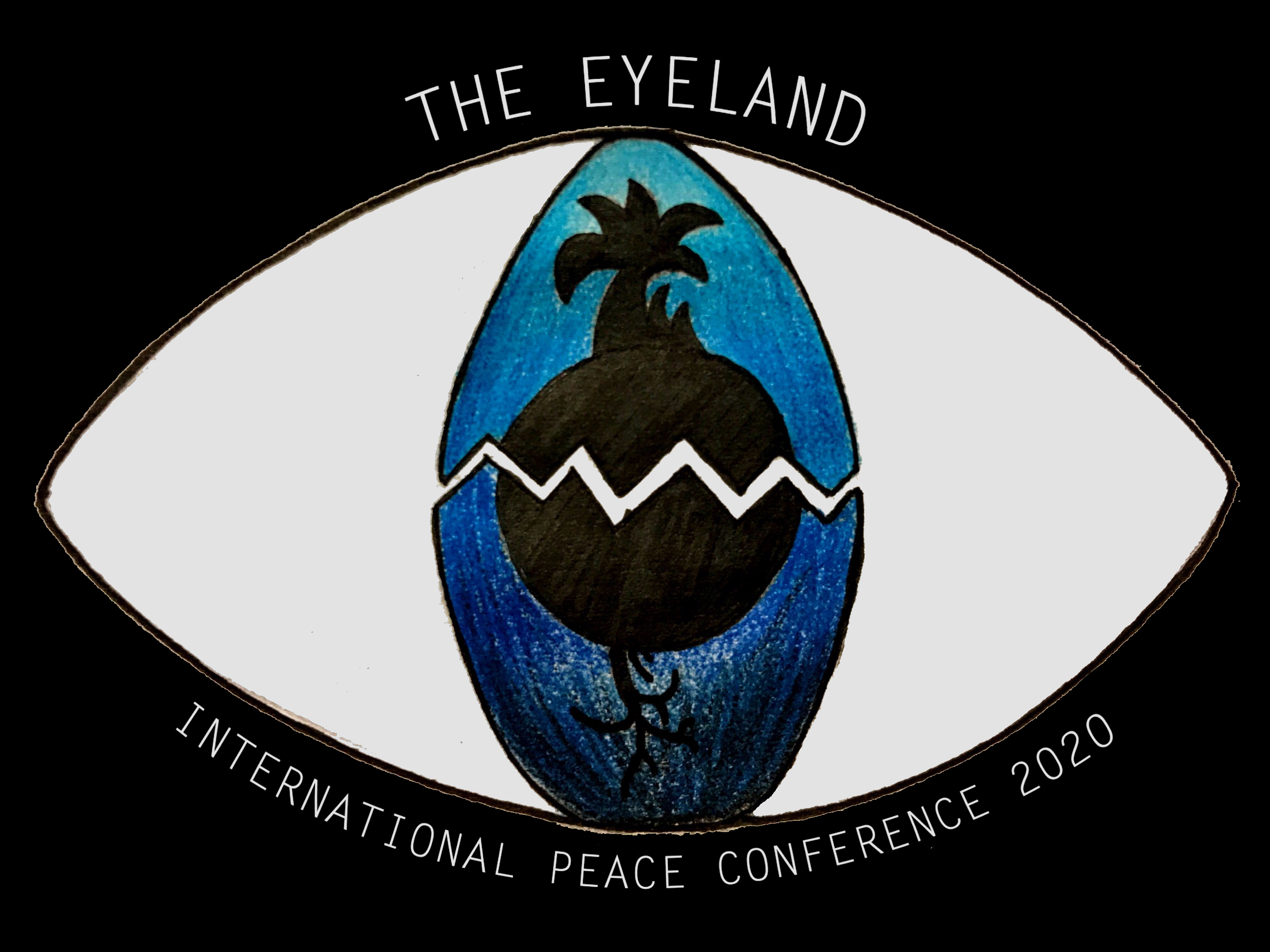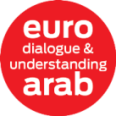In February 2020, the Lutfia Rabbani Foundation supported for the sixth consecutive year the International Peace Conference (IPC) organized by students of the United World College (UWC) in Maastricht.
About the UWC
The United World College in Maastricht is one of 18 UWC schools in the world offering international education for students from age 4 until age 19 and hosting over 900 students of more than 100 different nationalities. They aim to nurture an understanding of the world and its major challenges, and help students discover how they can serve others and make a positive contribution to society as well as flourish physically, intellectually, emotionally, and ethically.
About the International Peace Conference
The International Peace Conference is a unique, student-led initiative that seeks to spark activism and initiative in the areas of peace-making and conflict resolution among youth. Through annual conferences, youth from all over the world have the opportunity to engage in intercultural discussions and workshops exposing them to a multitude of different concepts.
In 2020, the three-day conference revolved around the theme of ‘The Eyeland’ – exploring the ideas of Utopia and Dystopia in relation to peace and its connotations in modern society:
“We live on an Eyeland, a special bubble running on idyllic values that meets everyone’s desires, where peace and understanding are possible even with no singular definition. You could call it perfect. But, how can you define perfection? And how do you achieve it? Do we have to rely on dystopian practices to achieve this utopia? The more we think about it, this utopia turns into a dystopia. Does this mean we need conflict to have peace?”
The Foundation’s alumnus Ahmed Abofoul joined the ‘Fragments of Conflict’ session held on the last day of the IPC as one of the speakers. Born in Palestine and a Law Master’s graduate from Leiden University, Ahmed addressed the Palestinian-Israeli conflict as well as his personal experiences. The session addressed complex and contentious issues by sharing deeply personal and small-scale stories that often get lost in the midst of conflict. Students were given the chance to move across the room and talk to different individuals that held insightful outlooks on similar stories.


